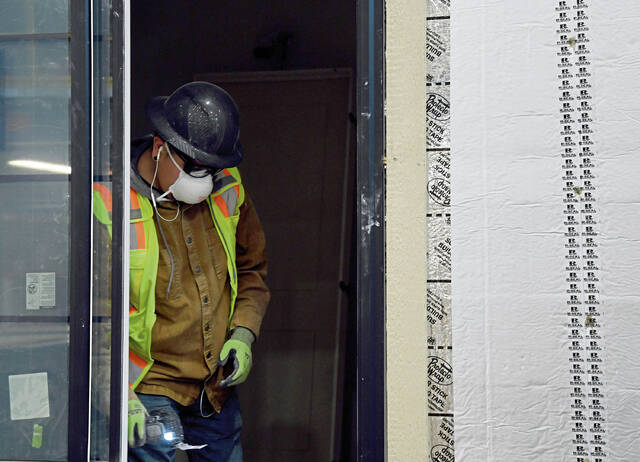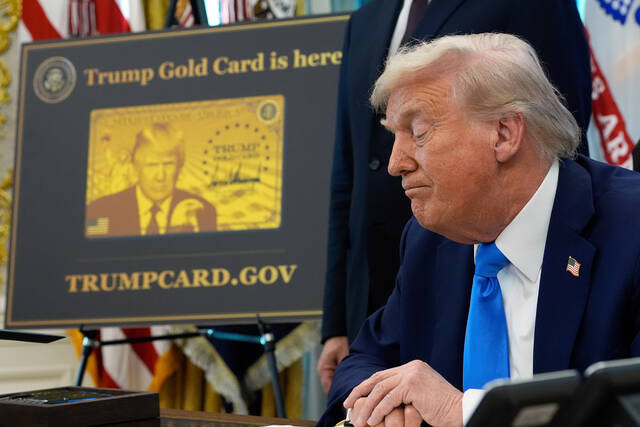Every year, Pennsylvania enacts a 1,000-page budget, full of obscure spending rules and indecipherable earmarks. Yet it’s arguably the most important vote legislators take each year because it determines our state government’s priorities for the next year.
This year’s budget talks face a rare challenge: What to do with an extra $7.2 billion of temporary covid aid sent by the federal government?
This might sound like a good problem to have, but from this surprise cash bonanza arises the temptation to double down on overspending, propping up bureaucracies, and using the funds to patch over long-term fiscal programs. Instead legislators should focus on our state’s two biggest pandemic-fueled crises: high unemployment and student learning loss.
Small business activity in this state has declined 25%, and our unemployment rate has stalled at around 7.4% — significantly higher than the national average. Meanwhile, since last January 195,000 individuals have left the labor force entirely.
As a result, we’ve racked up nearly $1.6 billion in unemployment compensation debt in just the past year. This debt is typically paid through higher payroll taxes — meaning government makes it more expensive for local businesses to hire workers.
To foster Pennsylvania’s economic recovery, lawmakers must consider using some of these federal funds to pay down this unemployment debt and encourage people to find work. Our unemployment trust fund is among the only type of debt that can be legally paid off under federal guidelines.
Businesses around Pennsylvania have reported that they don’t have enough workers — and because of additional unemployment benefits, are having to compete with the government. Paying healthy adults to not work isn’t a recipe for recovery and prosperity, but one for stagnation.
Instead, federal stimulus dollars could provide a one-time “back to work” bonus for workers. Numerous companies, like Burger King and Costco, are already offering in-house bonuses of this kind — and other states like North Carolina have already introduced legislation to provide the incentives for every worker.
But perhaps more important in the long term is investing in the foundation of Pennsylvania’s future: students. Education is key to our state’s future prosperity. Unfortunately, during the pandemic, millions of students’ had their education thrown into chaos due to school shutdowns.
Capitalizing on this situation, Gov. Tom Wolf stood on the Capitol steps earlier this month where he finished a four-month PR campaign calling for increased school district funding, while cutting charter school funding. On the podium he spoke from, a sign repeated the debunked myth that Pennsylvania is “45th in education funding.”
Pennsylvania ranks 8th in the nation in public school funding per student, according to the U.S. Department of Education’s National Center for Education Statistics. And education funding has gone up year after year — 68% since 1990, after adjusting for inflation. On top of that, school districts have more cash on hand than ever, with $4.84 billion in reserves at the end of 2019 and another $6.2 billion in federal covid aid sent to them while they were largely closed down.
Families have faced immense difficulties and expenses as they’ve dealt with closed schools over the last year. Simultaneously, wait lists for charter schools and tax credit scholarships have remained unacceptably high. Every year 40,000 to 50,000 applications for tax credit scholarships to private school are denied due to limits placed on the programs. Likewise, tens of thousands of students sit on wait lists trying to get into charter schools. Some Philadelphia charter schools are harder to get into than Ivy League schools, leaving student’s futures decided by a lottery.
To help these families, we need education reform like the Excellence in Education for All Act to empower parents with the ability to choose the best education for their kids.
With this budget, lawmakers should enact policies that help our citizens find work and ensure that every kid has access to a high-quality education.








